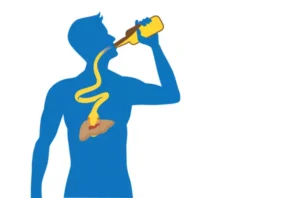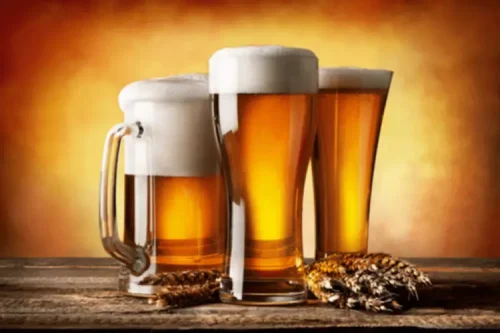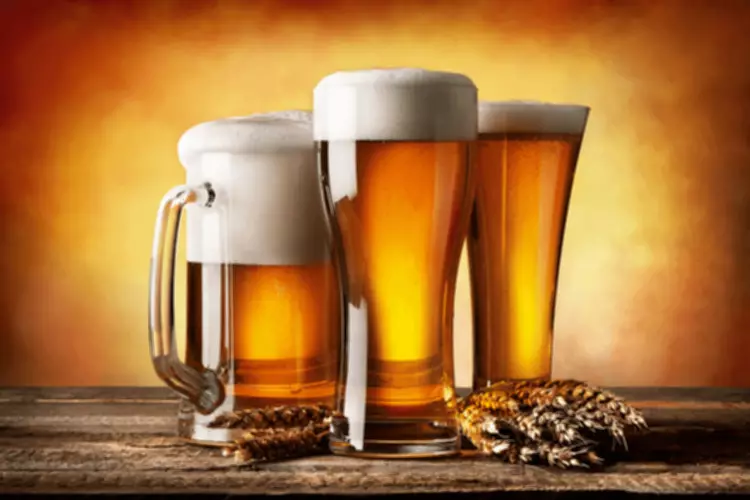
This can contribute to overall weakness and make those hangover shakes more pronounced. Since glucose is the primary energy source for your brain and body, low blood sugar causes a range of symptoms, including weakness, fatigue, and yes, those shaky hands. It’s similar to how you might feel if you’ve skipped a meal or gone too long without eating. Alcohol is a potent diuretic, meaning it increases Drug rehabilitation urine production. This dehydration has a knock-on effect on your electrolyte balance. Electrolytes are minerals like sodium and potassium crucial for nerve and muscle function.
- Genetics also play a role as genes determine how efficiently people metabolise ethanol, which is the form of alcohol found in consumer beverages.
- Alcohol is a diuretic, which means it causes you to urinate more frequently.
- Alcohol scrambles the hormones that regulate our biological clocks, which may be why a hangover can feel like jet lag, and vice versa.
- This blog explains why those shakes happen and how to feel better.
Success Stories from Day Treatment
- Some people might only experience a slight tremor in their hands or legs, while others might have full-body shakes that make it difficult to stand or walk.
- When it is consumed regularly in large amounts, alcohol suppresses excitatory neurotransmitters like glutamate and enhances inhibitory ones like GABA, slowing down the nervous system.
- Alcohol shakes occur after a period of heavy drinking and are a sign of the body dealing with alcohol withdrawal.
- In one study, researchers found that about 75% of people who drank excessively the night before reported hangover symptoms.
Rehab Clinics Group operates several centres around the country, able to provide industry-leading addiction treatment. Regular hangover tremors are a sign of a drinking problem, and people suffering from alcoholism will experience shaking hands when they don’t have enough alcohol in their system. Genetics also play a role as genes determine how efficiently people metabolise ethanol, which is the form of alcohol found in consumer beverages.
- But it can cause inflammation in organs, leading to uncomfortable symptoms.
- Although it can be hard, try to get a good night’s sleep after a drinking session.
- More alcohol may give a temporary boost, but soon enough leads to the throes of even more misery.
- Your body is basically trying to readjust, but it’s temporarily out of whack, causing you to feel shaky and uneasy.
- The following are answers to two frequently asked questions about hangover shakes.
What questions should I ask my healthcare provider?

A healthcare professional can also help rule out any underlying health conditions that may be contributing to the shakes. While hangover shakes are usually temporary and subside on their own, there are certain situations where seeking medical attention is necessary. One of the primary causes of hangover shakes is alcohol-induced https://ecosoberhouse.com/ dehydration. Alcohol is a diuretic, meaning it increases urine production and leads to fluid loss. Replenishing lost fluids by drinking water or electrolyte-rich beverages can help alleviate the shakes. To combat alcohol-induced dehydration and reduce the likelihood of experiencing hangover shakes, it is crucial to maintain proper hydration.
- To prevent these symptoms from occurring, it’s important to drink alcohol in moderation and stay hydrated by drinking plenty of water before, during, and after drinking.
- The amount of alcohol that causes a hangover will vary from person to person.
- Make conscious choices to support your body’s well-being and minimise the chances of experiencing the uncomfortable effects of a hangover.
- Heavy drinking can interfere with your body’s ability to absorb essential nutrients, including vitamins and minerals.
Essential guides

Alcohol withdrawal shakes can be scary, but reducing your stress and anxiety can help quite a bit. While they normally go away on their own, if your shakes are severe or don’t stop, talk to your doctor right away. Just be cautious when starting a new medication since it’s very easy to get addicted to withdrawal medications, especially when you’re quitting alcohol. To reduce your stress during withdrawal, try doing some light exercise, like going for a walk or riding your how to get rid of the hangover shakes bike. You might also try journaling or spending some time with a supportive friend.
You might notice tremors and shakes mostly in your hands or fingers. Others report experiencing hangover shakes in their arms, eyes, head, and even their voice. Severe tremors that happen more regularly almost certainly point towards a serious drinking problem. If you are suffering from alcohol tremors and think you need help, contact Rehab Clinics Group today. In terms of painkillers to treat a hangover, you’re better off with ibuprofen. Paracetamol is metabolised in the liver, and as that has likely taken a big hit the night before, it’s best not to put it under more stress.
The Dangers of Cocaine and Alcohol

Aspirin and other anti-inflammatories, such as ibuprofen and naproxen, are effective at relieving aches and pains. No content on this site, regardless of date, should ever be used as a substitute for direct medical advice from your doctor or other qualified clinician. Choose foods that are high in protein and complex carbohydrates, such as eggs or whole-grain toast. Alcohol disrupts the delicate balance of neurotransmitters in your brain, the chemical messengers that control everything from your mood to your movements. Two key players in this scenario are GABA (gamma-aminobutyric acid) and glutamate.